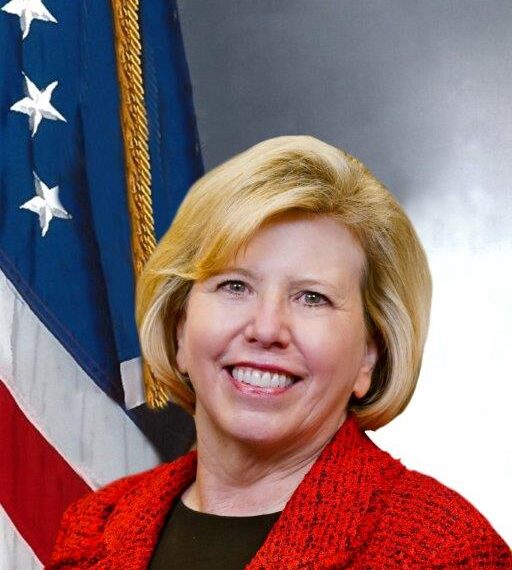[ad_1]
Janet Dhillon, who was chair of the U.S. Equal Employment Opportunity Commission during most of the Trump Administration, will be leaving the Commission after this week.

Her term expired on July 1, but she was able to stay on through the end of this year because President Biden had not been able to get a successor confirmed.
But on Monday, Commissioner Dhillon tendered her resignation to the President, effective at 5 p.m. this Friday, November 18.
Before Ms. Dhillon came to the EEOC, she was an employer-side attorney, having been General Counsel for Burlington Stores, Inc., J.C. Penney Co., and US Airways, Inc. During her time at the EEOC, she has been a champion of the agency’s voluntary mediation program, which I wrote about here, and the agency under her leadership has focused on providing preventive help to employers. Most notably, during the height of COVID-19, the EEOC issued its well-respected, plain-language COVID guidance and several updates, which addressed discrimination based on COVID or susceptibility to COVID, whether employers could test employees for COVID (remember when that was a thing?), handling medical records related to COVID without running afoul of the Americans with Disabilities Act, and, later, whether employers could require employees to be vaccinated. The guidance also addressed disability-based and religious accommodations related to COVID and, in particular, the vaccines.
Commissioner Dhillon, we are sorry to see you go, and we wish you all the best with the next stage of your career.
EEOC in deadlock
Now, what about the EEOC? The agency, as of close of business Friday, will be deadlocked with two Republican and two Democratic Commissioners. The Democrats include the current Chair, Charlotte Burrows, and the current Vice Chair, Jocelyn Samuels. The Republican Commissioners are Keith Sonderling, who was Vice Chair during most of the Trump Administration, and Andrea Lucas.
Earlier this year, President Biden nominated Kalpana Kotagal, a Washington, D.C., civil rights attorney, to succeed Commissioner Dhillon, but Ms. Kotagal has not been confirmed by the Senate. If she is not confirmed by the end of this calendar year, she will have to be renominated in 2023. Depending on the outcome of the Georgia Senate runoff in early December, we’ll either have a 51-49 Democratic majority in the Senate or a 50-50 tie (with Vice President Harris as the tie-breaking vote), so Ms. Kotagal has a shot at making it on this or the next go-round.
Here is what I wrote about Ms. Kotagal last April:
According to her law firm bio, Ms. Kotagal is co-author of the Inclusion Rider. Inclusionrider.org is, perhaps not surprisingly, somewhat vague about exactly what an “inclusion rider” is. Wikipedia is more direct. According to Wikipedia, an inclusion rider is
a provision in an actor’s or filmmaker’s contract that provides for a certain level of diversity in casting and production staff. For example, the rider might require a certain proportion of actors or staff to be women, people of color, LGBT people or people with disabilities. Prominent actors or filmmakers may use their negotiating power to insist on such provisions.”
According to the FAQs on inclusionrider.org, the rider does not impose quotas or lead to reverse discrimination.
In addition, Ms. Kotagal has been involved in a number of class action lawsuits brought against employers for sex discrimination and equal pay, one wage-hour collective action, and a lawsuit seeking to require a health insurance company to pay for transgender surgery.
Image Credit: Official U.S. government photo.
[ad_2]




